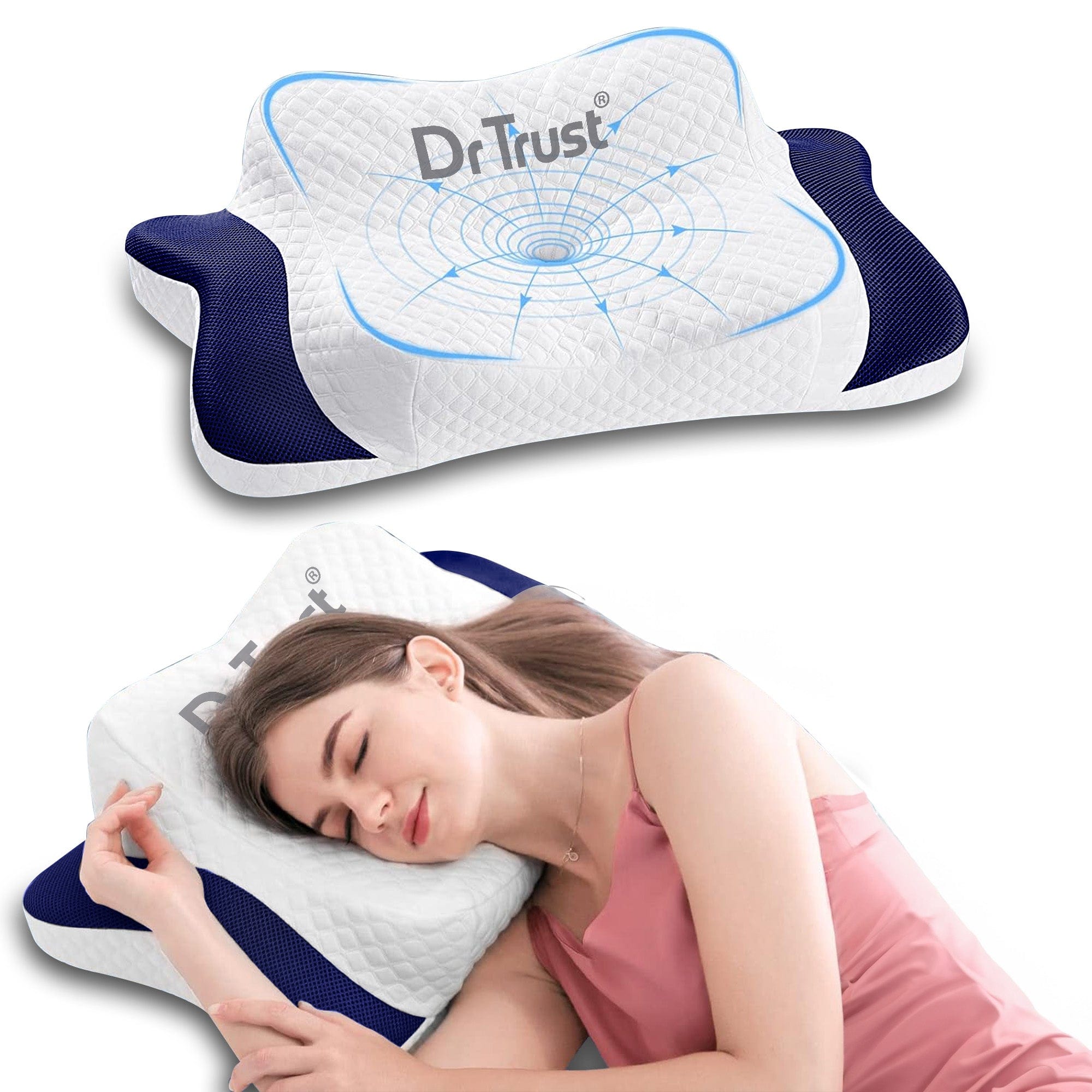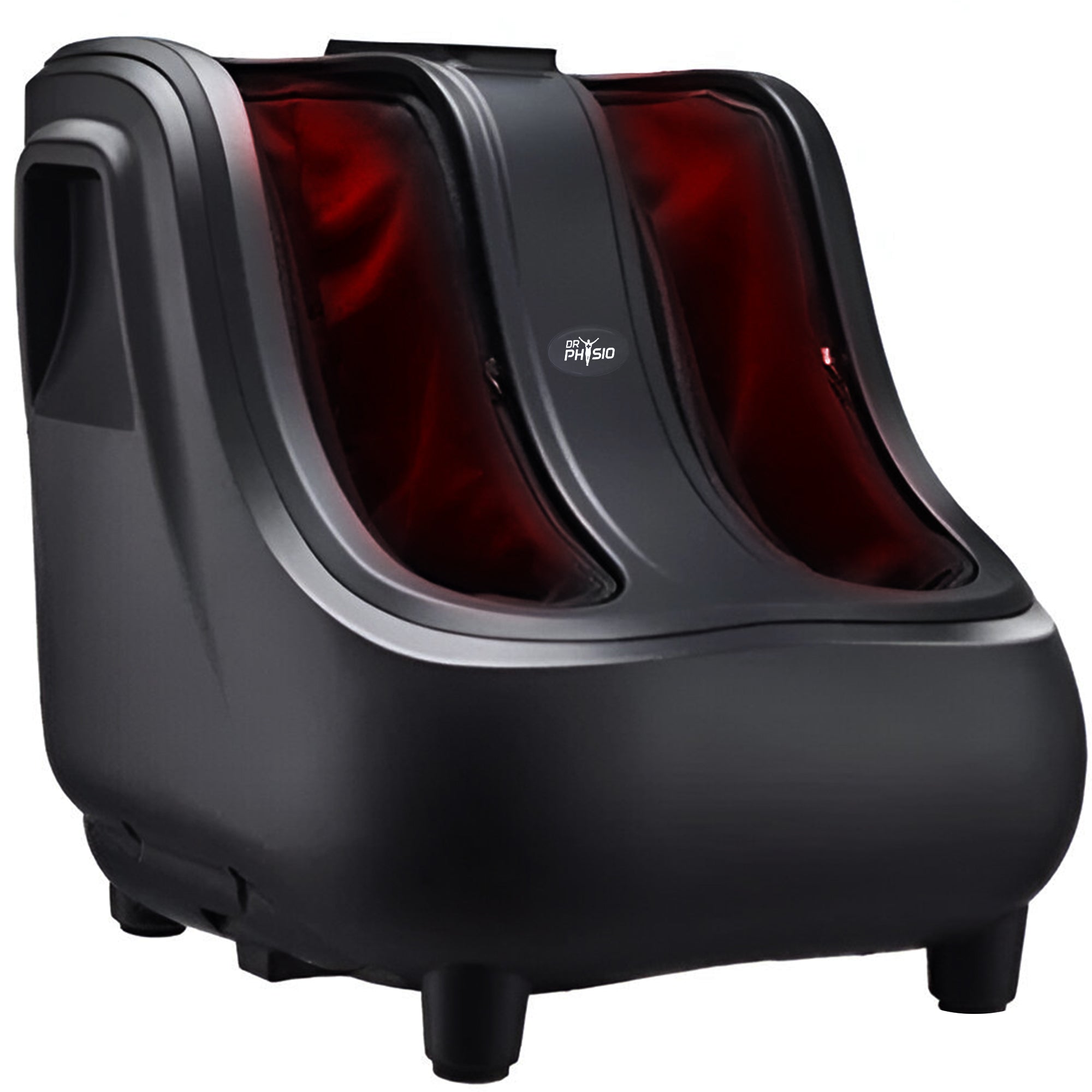Globally, cardiovascular disease accounts for almost one-third of all deaths, and is expected to overtake infectious disease as the leading cause of mortality in developing nations by 2020 [1]. To that end, there is a focus today on telemedicine solutions which can connect cardiovascular surveillance from the home setting to physicians for continued and comprehensive care. The Dr Trust ECG pen is such a device that reliably and effectively enables the ambulatory monitoring of cardiovascular rhythm for patients with a history of cardiovascular or cerebrovascular disease.
Performance and Safety
The Dr Trust ECG Pen is an FDA (Food and Drug Administration) approved and CE marked device. This is a significant milestone for an ambulatory ECG monitor, as it implies that the device has met the stringent performance and safety requirements stipulated by the FDA 510k process and the Medical Device Directive (MDD) requirements set out by CE regulators. The Dr Trust ECG Pen enables the detection of common aberrations in cardiovascular rhythm, such as atrial fibrillation, supraventricular tachycardia, and 1st/2nd/3rd degree heart blocks that can remain clinically silent for years.
Seamless Connectivity
The Dr Trust ECG Pen is mobile, lightweight and Bluetooth-connected. It is operated by physically placing the device between your hand and chest. Although the Dr Trust ECG Pen differs from standard-of-care ECG machines within the in-hospital environment in that it is a 2-lead ECG as opposed to a 12-lead one, the device can produce ECG traces that are equivalent in their clinical accuracy. This heart-check pen is also integrated with a mobile phone application, which enables patients to visualize their ECG traces in real-time. The device also allows patients to store up to 36 results of their latest measurements in chronological order for analysis by their physicians.
Cardiovascular Telemedicine
The team at Dr Trust is cognisant of the fact that 21st century medicine is about to change radically. Older models of care, which relied on independent visits to the physician, are being phased out with the “internet-of-things” revolution. Indeed, cardiovascular associations around the world have begun to recognise the potential of telemedicine and continuous care around the clock. The Italian Society of Cardiology [2] as well as the American Heart Association [3] have made consensus statements endorsing the potential of telemedicine devices such as Dr Trust, in achieving optimal patient outcomes about cardiovascular and stroke care. One study in Georgia found that mobile telecardiology enables the early detection of cardiovascular rhythm disturbances and results in an earlier discharge of non-life-threatening cases, improving patients’ overall quality of life and allowing physicians to provide timely clinical opinions [4].
The Dr Trust ECG Pen represents the forefront of cardiovascular telemedicine. As a fully integrated end-to-end system, it closes the loop between the patient and the physician and empowers the patient to take control of their own cardiovascular monitoring. The device is easy to use, lightweight and mobile, and clinically equivalent to the standard care of the 12-lead ECGs in the hospital environment. Our team at Dr Trust is excited to be at the forefront of cardiovascular tele-surveillance and is working towards better cardiovascular outcomes for patients globally.
References
- Stewart, J., G. Manmathan, and P. Wilkinson, Primary prevention of cardiovascular disease: A review of contemporary guidance and literature. JRSM cardiovascular disease, 2017. 6: p. 2048004016687211-2048004016687211.
- Brunetti, N.D., et al., Telemedicine for cardiovascular disease continuum: A position paper from the Italian Society of Cardiology Working Group on Telecardiology and Informatics. Int J Cardiol, 2015. 184: p. 452-8.
- Schwamm, L.H., et al., Recommendations for the Implementation of Telehealth in Cardiovascular and Stroke Care: A Policy Statement From the American Heart Association. Circulation, 2017. 135(7): p. e24-e44.
- Kirtava, Z., et al., Mobile telemonitoring for arrhythmias in outpatients in the Republic of Georgia: a brief report of a pilot study. Telemedicine journal and e-health : the official journal of the American Telemedicine Association, 2012. 18(7): p. 570-571.
















3 comments
Hubungan Masyarakat
After reading the article, I have several comments I’d like to share. The title is quite engaging and successfully captures the reader’s attention. The overall structure lays a solid foundation, and with minor adjustments, the flow of ideas could become even more compelling.
Greeting : IT Telkom
After reading the article, I have several comments I’d like to share. The title is quite engaging and successfully captures the reader’s attention. The overall structure lays a solid foundation, and with minor adjustments, the flow of ideas could become even more compelling.
Greeting : IT Telkom
Bhavesh Singh
It is specially useful to doctors when you have patients with high risk of heart problems. The patients can keep the device at home and can monitor at all times. If they see an adverse reading they can immediately contact their doctor for further review. Also patients can immediately mail the ECG report to the doctor which can be really helpful.
It is specially useful to doctors when you have patients with high risk of heart problems. The patients can keep the device at home and can monitor at all times. If they see an adverse reading they can immediately contact their doctor for further review. Also patients can immediately mail the ECG report to the doctor which can be really helpful.
Dr. Kirit Patel
How it’s useful for the Doctor
How it’s useful for the Doctor